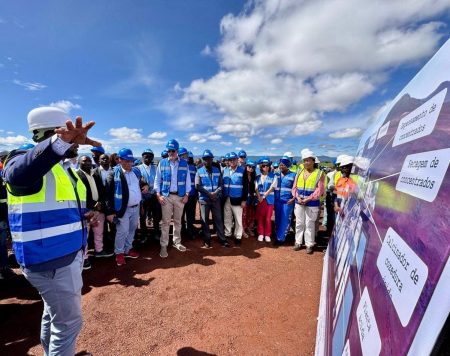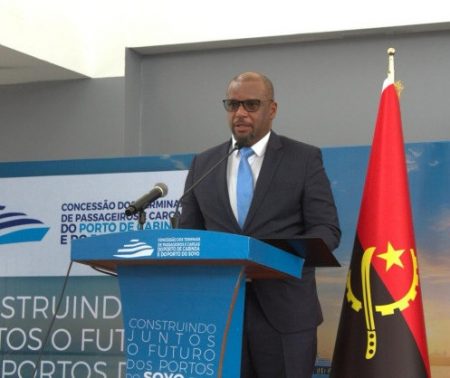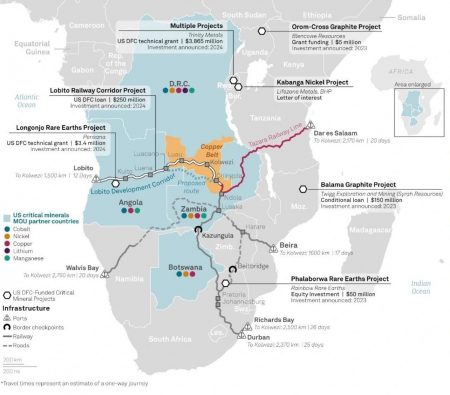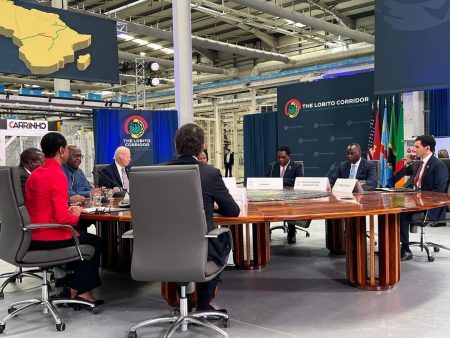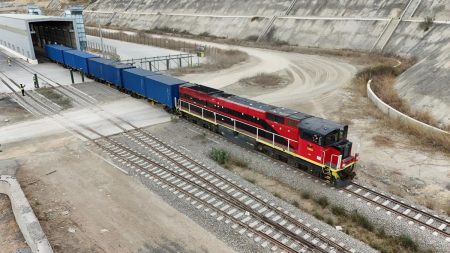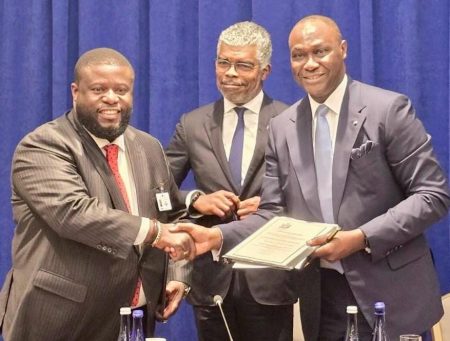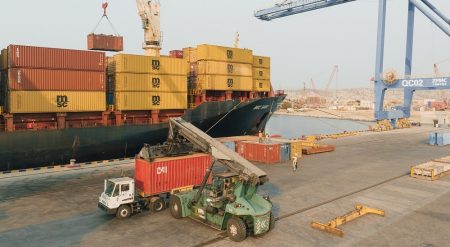This content is for Premium Subscribers only. To view this content, login below or subscribe as a Premium Subscriber.
Related News Articles
2 min
Longonjo Fully Financed for US$268 Million
22 March 2025
SADC, Angola
2 min
Lobito, TAZARA Threaten Walvis Bay’s Attractiveness to Namibia’s Neighbours
01 March 2025
SADC, Zambia
2 min
Traxtion Expands Operations into Angola with New Contract
02 February 2025
SADC, Angola
1 min
SADC Secretariat Convenes Lobito Corridor Committee of Ministers to Launch Interim Secretariat
02 February 2025
SADC, Zambia
3 min
The Lobito Corridor is Now a Top Priority for the US and Angola
07 December 2024
SADC, Angola
1 min
AFC-led Zambia Lobito Rail Project Receives Boost from Biden's Visit to Angola
07 December 2024
SADC, Zambia
3 min
Angola and the USA Sign $1 Million Agreement to Strengthen National Infrastructure
07 December 2024
SADC, Angola
1 min
Lobito Atlantic Railway Reinforces Transport Capacity with New Wagons
14 November 2024
SADC, Angola
1 min
AFC Hoping For Financial Close For Zambia-Lobito Rail Project Within Two Years
30 October 2024
SADC, Zambia
2 min
DBSA Approves $200 Million For The Lobito Corridor Railway Project
07 September 2024
SADC, Angola
2 min
Lobito Atlantic Railway Begins Exporting Copper from the DRC to the United States
26 August 2024
SADC, Angola
1 min
